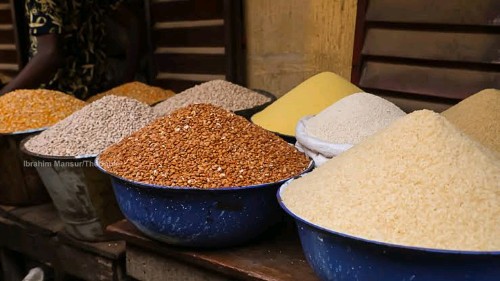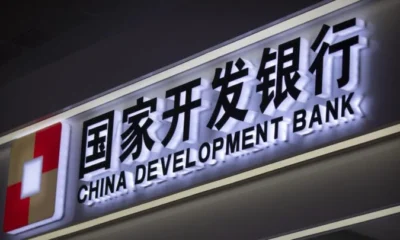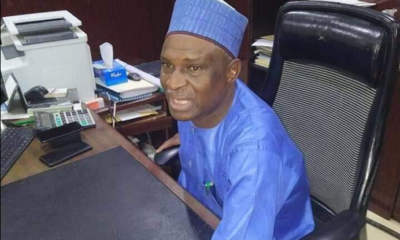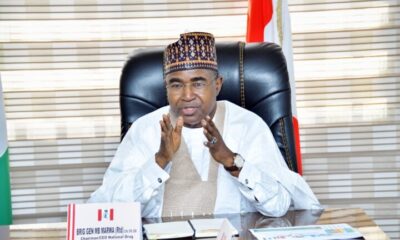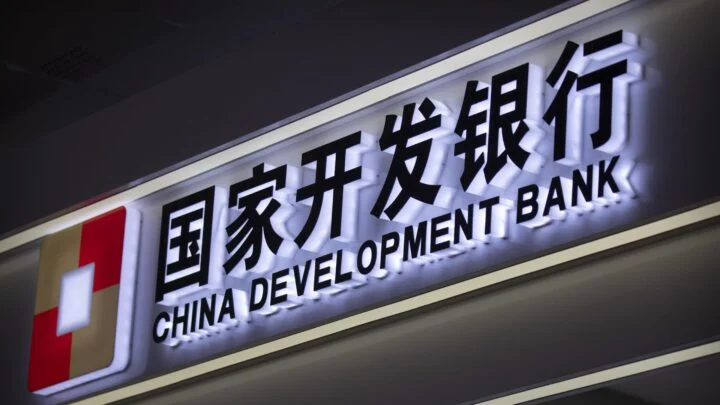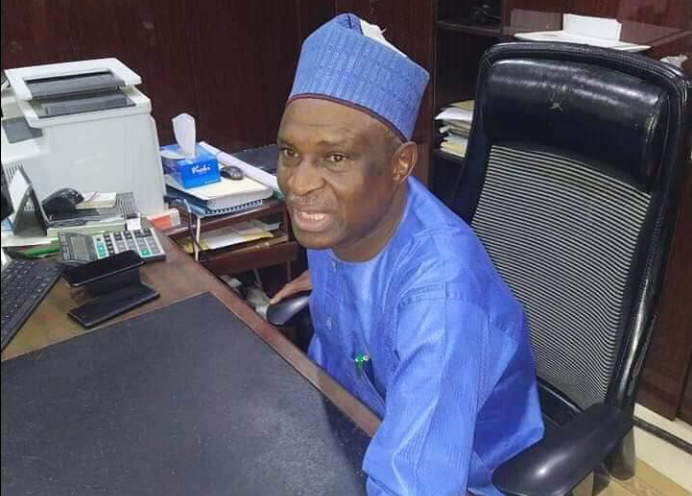The Nigerian Army has deployed troops to several northern states to protect farmers with the onset of the rainy season.
According to a statement by the Director Defence Media Operations, Maj. Gen. Edward Buba, the deployment is focused on the North West and North Central states.
The move has “enabled several farmers access to farmers for a hitch-free planting season towards a bumper harvest.”
This effort comes as Nigeria grapples with food shortages, which have contributed to soaring food inflation, currently above 40% according to the National Bureau of Statistics (NBS).
The country’s inflation rate recently peaked at 34.19% in June 2024 before slightly decreasing to 33.40% in July, based on data from the NBS’ Consumer Price Index.
As expected, there was also a rise in food inflation.
Giving a breakdown, the NBS stated, “The food inflation rate in June 2024 was 40.87 per cent on a year-on-year basis, which was 15.62 per cent points higher compared to the rate recorded in June 2023 (25.25 percent).
“The rise in food inflation on a year-on-year basis was caused by increases in prices of the following items: millet whole grain, garri, guinea corn, etc (bread and cereals class), yam, water yam, cocoyam (potatoes, yam and other tubers class), groundnut oil, palm oil, etc (oil and fats class) and catfish dried, dried, etc.
“On a month-on-month basis, the food inflation rate in June 2024 was 2.55 per cent which shows a 0.26 per cent increase compared to the rate recorded in May 2024 (2.28 percent)”
The NBS stated that the average annual rate of food inflation for the 12 months ending June 2024 was 35.35 per cent, an 11.31 per cent point increase from the average annual rate of change recorded in June 2023.
The core inflation rate, which excludes the prices of volatile agricultural produce and energy, stood at 27.40 percent in June 2024, up by 7.34 percent, when compared to the 20.06 percent recorded in June 2023.
According to the Consumer Price Index and Inflation Report for June 2024, the NBS attributed the rise in food inflation on a year-on-year basis to increases in prices of the following items, millet whole grain, garri, guinea corn, etc (bread and cereals class), yam, water yam, coco yam (potatoes, yam and other tubers class), groundnut oil, palm oil, etc (oil and fats class) and catfish dried, dried fish-sardines, mudfish (fish class), etc.
It said, “The average annual rate of food inflation for the 12 months ending June stood at 35.35 per cent, which was an 11.31 per cent point increase from the average annual rate of change in June 2023 which was 24.03 per cent.”
A breakdown of the NBS data indicated that food inflation on a year-on-year basis was highest in Edo (47.34 per cent), Kogi (46.37 per cent), Cross River (45.28 per cent), while Nasarawa (34.31 per cent), Bauchi (34.78 per cent) and Adamawa State (35.96 per cent), recorded the slowest rise in food inflation.
On a month-on-month basis, June 2024 food inflation was highest in Yobe (4.75 percent), Adamawa (4.74 percent), and Taraba (4.12 percent), while Nasarawa (0.14 percent), Kano (0.96 percent) and Lagos (1.25 percent) recorded the slowest rise.
Experts have since blamed insecurity, lack of equipment, and other issues as major challenges affecting food production in Nigeria.
- Federal Government Moves To Curb Crisis
The Federal Government had in the wake of the galloping prices of essential commodities reeled out a raft of measures to address the challenge.
It recently suspended duties, tariffs, and taxes on the importation of maize, husked brown rice, wheat, and cowpeas through the country’s land and sea borders, for 150 days.
It also approved the procurement of 2,000 tractors, and 1,200 trailers and set up a committee to help in proffering solutions to the food crisis rocking the nation.
Credit: Channels Television.

 BIG STORY3 days ago
BIG STORY3 days ago
 BIG STORY7 hours ago
BIG STORY7 hours ago
 BIG STORY3 days ago
BIG STORY3 days ago
 BIG STORY3 days ago
BIG STORY3 days ago
 BIG STORY2 days ago
BIG STORY2 days ago
 BIG STORY2 days ago
BIG STORY2 days ago
 BIG STORY3 days ago
BIG STORY3 days ago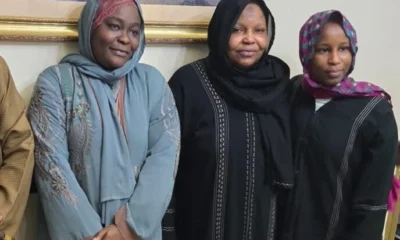
 BIG STORY3 days ago
BIG STORY3 days ago




